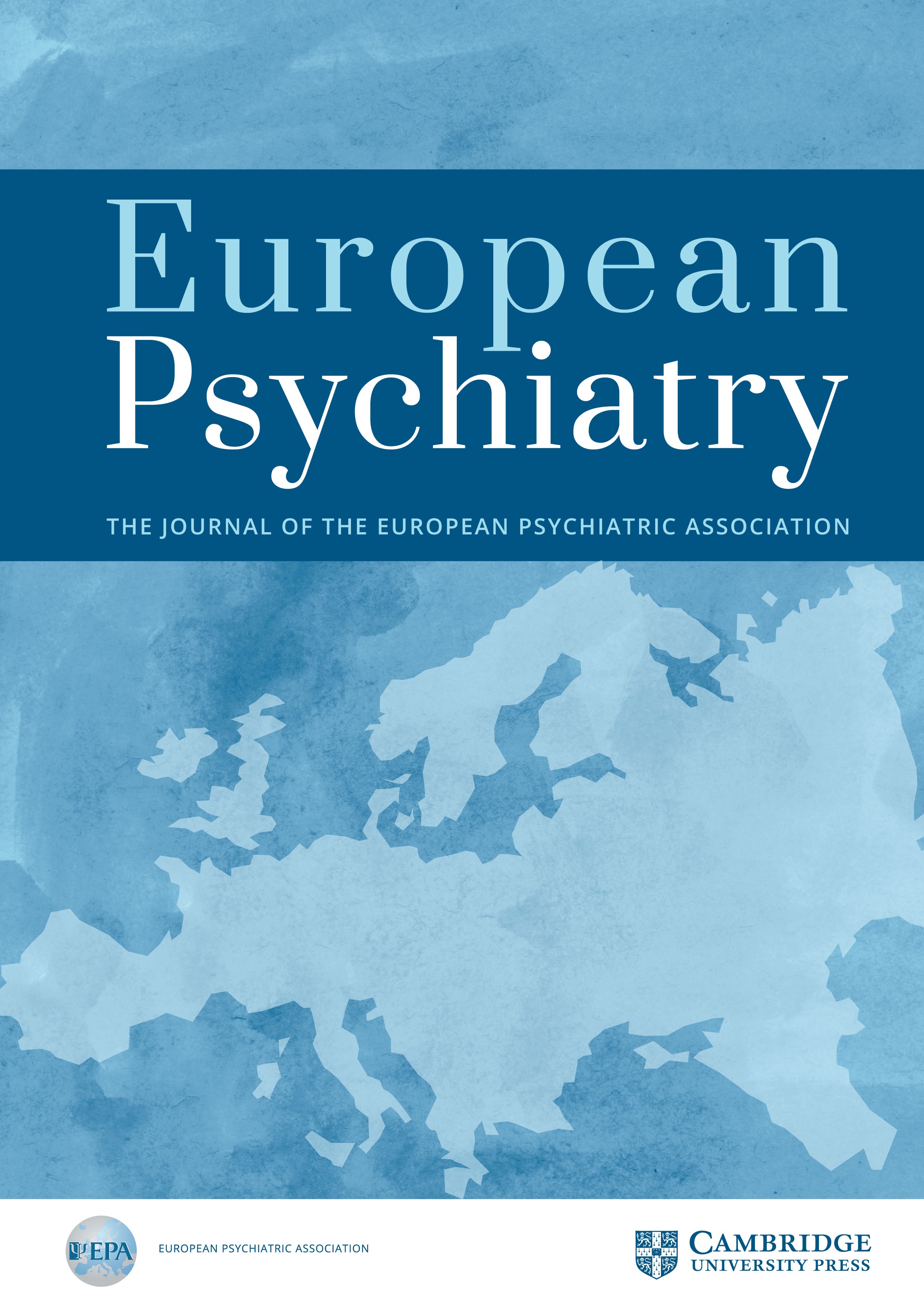What Is MAID (Medical Aid-in-Dying)?

 Many people seek to avoid situations in which life is unnecessarily prolonged. Subsisting on expensive life-support long beyond when treatment might improve one’s quality of life can be cruel.
Many people seek to avoid situations in which life is unnecessarily prolonged. Subsisting on expensive life-support long beyond when treatment might improve one’s quality of life can be cruel.
With advance directives, including living wills and powers of attorney, you can outline your wishes ahead of time. These documents allow you to communicate your medical care preferences to your family and doctors. They can prove especially important in case of a serious injury or illness, or when you are approaching the end of your life.
Patients who have a terminal illness diagnosis may suffer greatly until the inevitable end comes. Drugs are available to usher in death relatively gently, to relieve misery and pain.
Natural Death and Assisted Suicide
Some people may wish to decline life-saving treatment if facing a terminal illness. Others opt to seek out a physician’s assistance in dying. Acting to end life before its natural course has run poses grave moral issues for many.
Medical aid-in-dying (MAID) involves having a physician prescribe a lethal dose of medication at the request of a competent patient with a terminal illness.
The traditional rule has been to make assisted suicide a crime. For example, in Arkansas, physician-assisted suicide is a felony punishable by three to 10 years imprisonment. In addition, you may face a fine of up to $10,000.
States Allowing Physician-Assisted Suicide as of 2024
A trend, however, has been emerging, with more states legalizing medical aid in dying (MAID). As of 2024, MAID is legal in the following 10 states, in addition to the District of Columbia:
- California – The state’s End of Life Option Act became law in 2016.
- Colorado (passed in 2016)
- Hawaii (passed in 2018)
- Montana – A 2009 Montana Supreme Court ruling made physician-assisted suicide legal.
- Maine (passed in 2020)
- New Jersey (passed in 2019)
- New Mexico (passed in 2021)
- Oregon – The Death With Dignity Act became law in in Oregon in 1997. In 2022, the state removed its residency requirement.
- Vermont – Vermont legalized MAID in 2013. In 2023, it also began allowing qualifying patients from any state to pursue assisted suicide in Vermont.
- Washington
Currently, several more states are considering legislation to make medically assisted death legal. These include the following:
- Advocates of MAID in Connecticut are seeking to pass legislation in 2024.
- Indiana introduced a bill supporting assisted suicide to the House in 2024.
- During the 2024 legislative session, New Hampshire may be considering a medical aid in dying bill as well.
- Tennessee lawmakers also have introduced a bill to make euthanasia legal.
Patients seeking MAID must be adults with a prognosis of six months or less to live. They also must demonstrate that they are mentally competent and able to administer the lethal medication themselves. Physicians act as gatekeepers to ensure patients are qualified and informed of the risks and alternatives. The physician then writes the prescription for a lethal dose of the drug at the patient’s request, and the patient takes the medication.
Moral Questions and Fears
Some MAID opponents fear that family or unscrupulous doctors will pressure older, poor, and disabled patients into premature death. Others object based on their belief that life is a sacred gift and humans don’t have the right to end it.
The question is whether the law should govern the decision or a person’s moral or personal beliefs. Many feel torn between their faith and compassion for those who suffer. Juries tend to acquit doctors who are facing prosecution for MAID. Support from health care professionals and medical associations for medically assisted death has increased over time as well.
Many physicians have, however, expressed that patients seek out MAID only as a last resort. They assert the importance of reassuring patients that easing their pain is possible. If patients understand their comfort will always be the top priority, fewer people may resort to MAID.
Without a doubt, causing death deliberately through physician-assisted suicide is a tough decision for many people. Yet in the face of terminal illness, a patient may seriously consider requesting a doctor’s help in ending their life. More and more states are declining to prolong life at all costs, especially if the patient feels the suffering has destroyed all quality of life.
Seeking Legal Solutions to Health Care Needs
If you are facing a terminal illness, you may need care in your home, or an assisted living facility or nursing home. Experts in estate planning and elder law can help you and your loved ones prepare for potential long-term care medical expenses. They also can draft advance directives and assist you in choosing the care and treatment you would prefer at the end of life. Contact a qualified attorney near you today.
You may benefit from referring to the following articles as well:
Created date:
01/26/2024
link







